| |
Excerpts of an interview with Bruno Latour: Decoding the Collective
Experiment by Marķa J. Prieto and Elise S. Youn
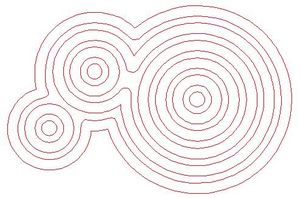
"It is not just about making things; rather, it is about making
things public. At the same time, if people want to escape their social
responsibility, they are going to find a way. The question is not
actually to insist on social responsibility at all - not because the
exhibition is "apolitical," but because the classical definition of
"politics" is very narrow. The whole idea of the show is actually
to say that there will be very little involved about politics in the
sense of a conventional repertoire of demonstration, indignation,
order and power."
"Of course, all of these things are very important, but politics
in the sense of assemblies of things and attachments to things is
a much larger set. My understanding is that the crisis of representation
is largely due to the fact that people define politics in too narrow
of a sense; that is, it is always defined in terms of race, gender,
power and class relations - a very limited repertoire. These relationships
are important of course, but they are somewhat restrictive and carry
too little of what the thing in its attachment really is. In fact,
this position, which is the reiteration of political responsibility
and social discourse, is actually apolitical. It is critical and can
help someone feel good, but it does not necessarily propose an entry
into the construction of the collective."
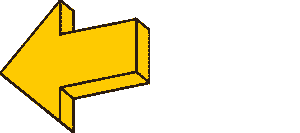

|
"Things
are not objects. In fact, things are precisely the opposite of objects.
When we are focused on things, we are actually also focused on ourselves.
When I am focusing on the attachment of this coffee cup, I am actually
getting back to myself quite fast, as well as to the entire history
of Italian coffee-making, the people who are harvesting the coffee,
etc. This cup of coffee is an assembly. In the exhibition, for example,
we have shopping carts that are made from different products, so these
shopping carts are in fact political assemblies as well."
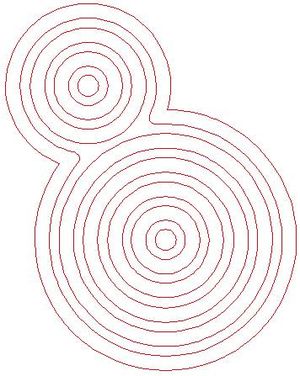

 |
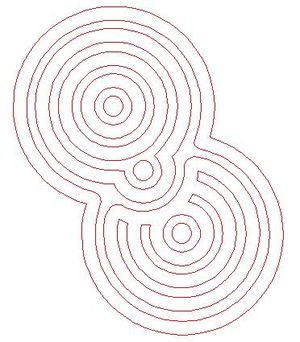
"A new beginning would
be - in contrast to the world of objects we're imagining now - about
how the architect displays a thing, which in an architectural project
would mean to draw connections between where you would simultaneously
see the people of the neighborhood criticizing the project, where
you would see the costs, the pollution, the asbestos removal in the
building, etc. As an architect, using this kind of visualizing software,
you would be able help people figure out this non-modern space on
your computer."
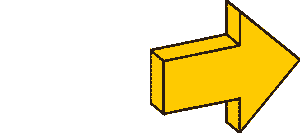

|
"When
we usually think of politics, we think only of a very small series
of attitudes that suppose a gathering of people around the question
of the representation of people. These perspectives have little to
do with things , nor are they related to other ways of gathering.
The only thing we want from the visitors is for them to recognize
that there are many other ways of assembling, and that most of this
assembling - this politics - is about things" 
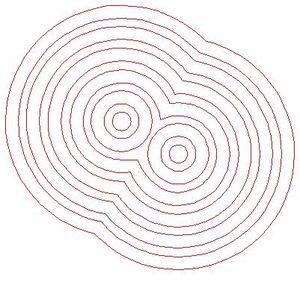
|
"And
since there has been this discussion about Manhattan post-September
11th, can you retranslate this discussion in a visual vocabulary and
grammar that can then serve to teach us a lesson - independent from
the final result - which will allow us to understand that we are really
entering another world, not the Baroque world of anamorphosis, mastery,
formalism, and matters of fact? The world is not made of these categories.
Nevertheless, we still need the visual tools; we need CAD to design;
we need these methods. But why should we limit ourselves by leaving
modernism to amorphism? Amorphism is the post-modern version of a
crisis. It tells us, "let's have no shape." No, the collective has
to have a shape - a very strong one - but this shape has to be invented."

|

"What
is common between Koolhaas and me, if I dare say so, is experimentalism.
The political sphere is not yet composed; it has to be composed. The
common world is not made; it has to be made. There is no authority
that has the definition of the common good; it has to be experimented
upon. Where are the experimental tools? What is the public demonstration?
How do we prove these positions?"
 |
 |


